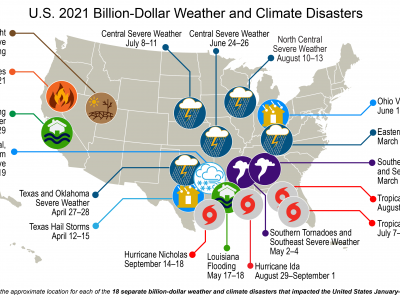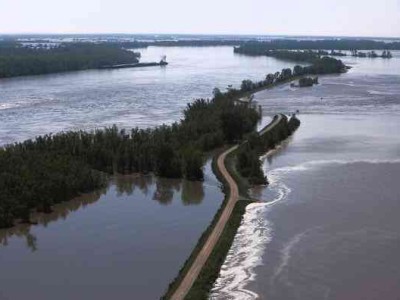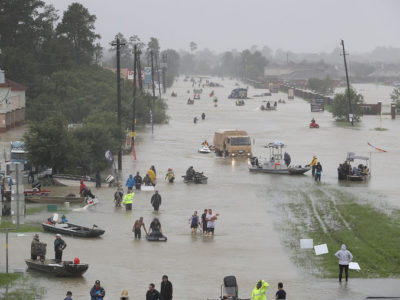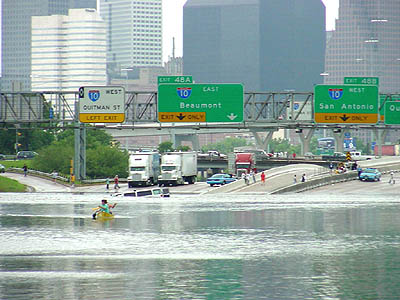flood risks
Climate Adaptation Moves Toward Center Stage
There’s an increasing bipartisan move to fund climate resilience.
The big news today is the deal with Manchin to provide billions of dollars of funding for clean energy. Manchin’s vote will be needed because no Republican Senator will vote for the bill. In contrast, funding for climate resilience has drawing power even for Republicans. It seems to be true that, in Bob Dylan’s words …
Continue reading “Climate Adaptation Moves Toward Center Stage”
CONTINUE READINGFlood Safety, Infrastructure, and the Feds
Standards for levees, seawalls, and other infrastructure urgently need attention.
The federal government is responsible for responding to major floods and runs the federal flood insurance program. It also has millions of dollars of its own infrastructure at risk from floods. Yet the government is failing to deal effectively with flood risks before the fact. Let’s begin with the levees that are the main defense …
Continue reading “Flood Safety, Infrastructure, and the Feds”
CONTINUE READINGThe Dark Art of Estimating Flood Risks
The 100-year flood and the 500-year flood are both very rough estimates.
My title is a little unfair. So far as I can tell, the people who are trying to figure out the 100-year or 500-year floods in various places are hard-working professionals, applying their expertise to a difficult problem. But there are a lot of uncertainties that get concealed behind the final numbers. The consequence is …
Continue reading “The Dark Art of Estimating Flood Risks”
CONTINUE READINGHouston’s Shockingly Poor Flood Control System
Houston failed to learn a key lesson from Katrina about the need to prepare for catastrophic flooding.
The torrential rain in Houston would have caused bad flooding no matter what. There’s no question about that. But it’s also true that Houston’s flood control efforts have been badly managed. Houston failed to learn a key lesson from Katrina: the most important disaster response is done years in advance through risk mitigation. Not only …
Continue reading “Houston’s Shockingly Poor Flood Control System”
CONTINUE READINGDeep Waters
Dean Rowan pointed me to a nifty interactive site dealing with sea level change. It covers the entire coastal U.S. You simply put in the name or zip code of the place your interested in, along with the amount of sea level rise (1-10 feet). You get a map of what parts of the city …
Continue reading “Deep Waters”
CONTINUE READING







